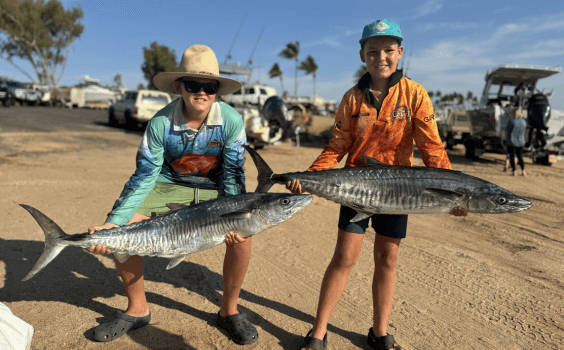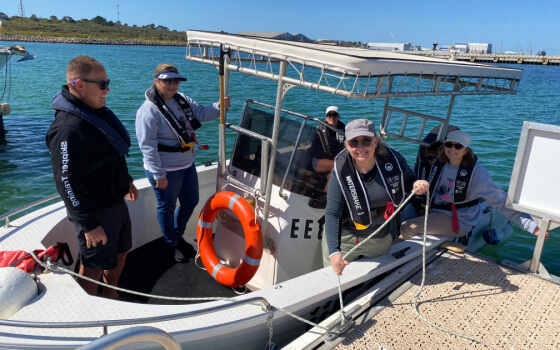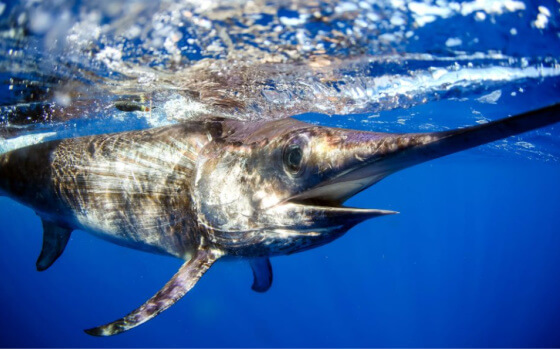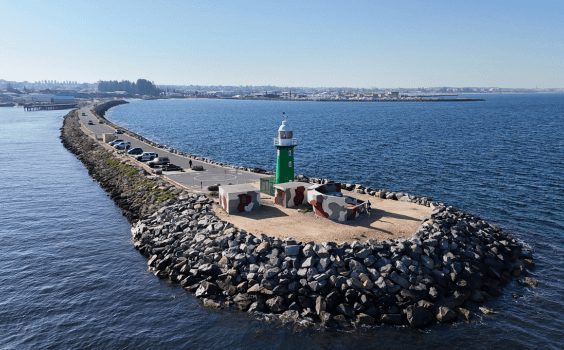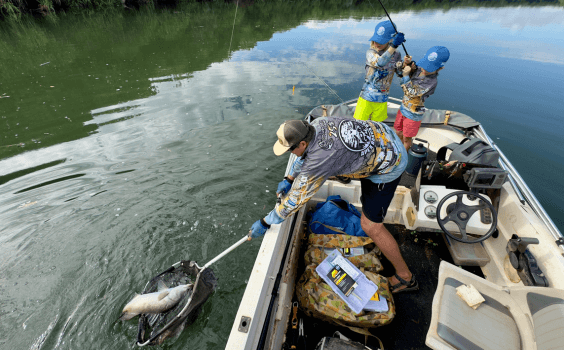With the opening of the crabbing season next Tuesday 1 December, crabbers are likely to see some yellow caution signs along the river advising them not to eat mussels or crab guts.
These signs are part of new management arrangements designed to avoid a repeat of the last two summers where we have effectively been locked out of large sections of the Swan-Canning due to toxic Alexandrium algal blooms.
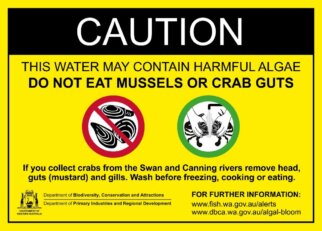
This is good news for Swan-Canning crabbers looking forward to catching crabs.
After undertaking extensive testing of crabs over the last two years the Departments of Health (DoH), Biodiversity, Conservation and Attractions (DBCA) and Primary Industries and regional Development (DPIRD) are now comfortable with keeping the crabbing season open provided people clean their crabs before freezing, cooking and eating them.
DoH/DBCA’s latest Alexandrium factsheet reads: “At this stage recreational fishing will remain open for blue swimmer crabs (December 1-September 1) and year-round for fish throughout the Swan and Canning rivers.”
However, DoH is now advising crabbers to remove the head, guts (mustard) and gills (dead man’s fingers) of any crabs taken from the Swan-Canning before freezing, cooking and eating their crabs.
Check out this info brochure advising how to clean your crabs
This brochure is part of an education campaign being run by DBCA and DPIRD – to learn what these management changes for you click here.
The change of advice has come after Paralytic Shellfish Toxins (PSTs) caused by Alexandrium were only found in the guts and gills of crabs and not the meat from extensive samples and testing of Swan-Canning river crabs by DoH.
“This is a good result for recfishers,” Recfishwest Operations Manager Leyland Campbell said.

“Having to clean your crabs is a small price to pay to keep the access open to this great crab fishery on the city’s doorstep.
“We’ve been calling for better management of these blooms over the last two years and working with DBCA and DoH to get this issue addressed in a way that allows recfishers to keep on fishing and catching a feed of crabs. DoH, DBCA and DPIRD have worked hard to find a way that retains our crabbing experiences while keeping the community safe and I will be the first one to thank them for their efforts.
“From DBCA’s monitoring of the river through comprehensive water testing, it looks like these Alexandrium blooms unfortunately are here to stay – and while we’re certainly not here to tell recfishers what they can or can’t do – the relatively simple step of cleaning your crabs from the Swan-Canning in the way advised seems to be a sensible way to go.”
While not detected in the Swan-Canning yet, DBA scientists predict there is a high chance of an Alexandrium bloom occurring again over summer and advises taking the precaution of cleaning your crabs before freezing or eating them.
DoH and DBCA will continue to monitor crabs, fish, shellfish and water samples from the Swan, but in the meantime, the Swan-Canning will remain open for the crabbing season unless PSTs are detected in the meat of crabs sampled and not just the guts.
So keep Swan-Canning crabs on the Christmas menu and take the family crabbing.
